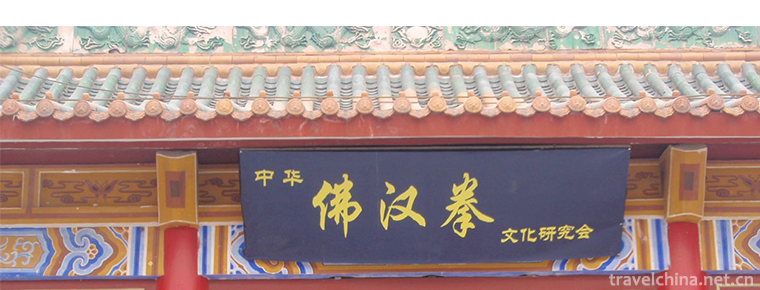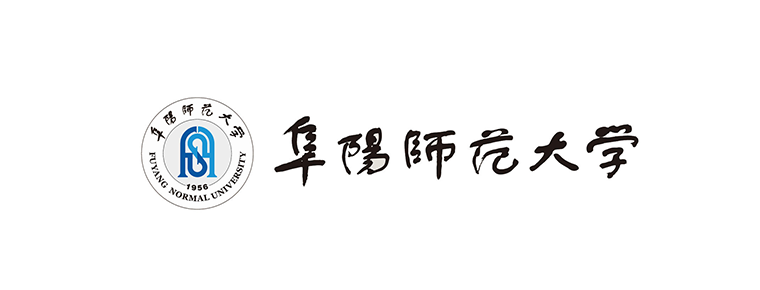2019-11-09

- By ChinaWiki.net
- Chinese Edition
- 2019-04-29
Buddha Han boxing
Fohan boxing is also known as Fohan Chuan, commonly known as Buddhist boxing. It is a kind of traditional Chinese martial arts. This boxing originated in Shaolin Temple, Songshan, Henan. It is a boxing created by Xu Xiuwen, the monk in the temple, who takes the essence of all kinds of boxing. It has been practicing for the monks in the temple.
On May 23, 2011, Fohan Quan was listed in the third batch of national intangible cultural heritage list with the approval of the State Council.
origin
It was not until the Xianfeng period of the Qing Dynasty that it was introduced into the people. According to the inscription of Dongguan in Daming County of Hebei Province, Fohan Quan has been popular for more than 140 years. Jia Yunlu, the first descendant, lives in Jiazhuang, Changyuan County, Henan Province. Youxi likes fencing and loves martial arts. Later, he visited Shaolin Temple. Being a disciple of the vulgar family, he was rejected from the mountain gate. Jia knelt outside the door every day for martial arts, day after day, more than half a month. Monks read his sincerity and agreed to the professor to inspire his ambition. He was taught by the great monk's literary practitioner, abbot Xu (the vulgar surname of Xu), who had been studying for three years and did his best. At this time, his teacher resigned and told him to play a role in military affairs when he met with the opportunity. Twenty words were arranged for the descendants, namely "Nei, Chu, Shan, Temple, Tuan, Tong, Sheng, Guo, Shao, Nian, Yong, Zhi, Li, Duo, Jun, You, Min, Ze and An", Jia was "Chu". After Jia left the temple, he taught in Daming for decades. During this period, there were countless people seeking advice. According to the inscription, there were forty-two disciples of Professor Jia who entered the room. Zhang Jinrong, one disciple of Jia Yunlu, gave two thousand disciples. Since then, Fohan Quan has been widely spread. According to legend, Buddhist and Han Quan originated in Datong (527 AD), Emperor Wudi of Liang Dynasty. Dharma Zen Master traveled to the East and stayed in Shaolin Temple. He left the treasure of Buddhist Dharma in Shaolin Temple, which became the treasure of Shaolin Temple. Buddhism, Dharma and Shengong were secretly handed down by Shaolin monks in past dynasties. Since then, the Buddhist Dharma and Shengong have been designated as the beating of Buddha and Han by the monks in the temple. They are featured by skills, health preservation and internal merit. They are the fist method of guarding the house in the temple and are respected as the "hidden door of Shaolin". "Fohan Neijiaquan" is short for "Foquan", also known as "Fohan Chuan". Shaolin Fohan Quan was burned in the late Ming and early Qing Dynasty (Yongzheng thirteen years of the Qing Dynasty). Shaolin Temple was burned because the heaven and earth would oppose the Qing Dynasty and restore the Ming Dynasty. Master Pujing, a martial monk of the Southern Shaolin Temple (commonly known as Xu Xiuwen), was exiled to the pier town of Dongming County, Shandong Province (Dujiaji, formerly Changyuan County, Henan Province), where Shaolin Kung Fu was taught According to legend, Master Pu Jing is a martial monk of the guardian Temple of the Southern Temple of Shaolin Temple (Luohan Hall), who is skilled in martial arts, so he is good at martial arts.
Around 1860, Jia Yunlu, a member of Jialou people in Kaifeng Prefecture, Henan Province (according to the ancient rules and regulations), was a disciple of Shaolin secular family. He was an elder of Shaolin monk Xu Xiuwen (Pujing), and he was the first generation of Buddhist and Han Quan according to Xu Xiuwen's instructions.
After practicing Shengong, Jia Gong resigned from his temple and went to Jianghu alone. He was a pioneer officer in the Qing army's expedition to the west. After returning to the dynasty triumphantly, he assisted Qiu Shi's Southern Expedition and built up his successes. He was appointed governor by Emperor Xianfeng. Because he had no intention to be an official, he resigned and returned to his hometown after his first year of life. He traveled to Daming County in Hebei Province to visit the world and come to Daming Mansion (now around Longwangmiao Temple in Daming County, Originally, the local style of martial arts was more prosperous. When Jia Gong arrived, because of his exquisite skills and profound internal skills, among his Wushu associates, the local boxers were invincible, and many worshipped him as their teachers to learn Fohan Neijia Quan. There are thousands of disciples under Jia Gongmen's gate, and there are no less than 100 disciples entering the hall. According to the oral inscriptions of his predecessors, Professor Jia Gong had 42 disciples, among whom Gaozu had Song Jinbang, Zhang Jinrong, He Jincheng, Zhao Jinshan, Cao Siwen, Liu Changchun and Li Fenghai. They gradually spread throughout the country, especially in Shanxi, Hebei, Shandong and Henan provinces. Jia Gong became a master of Shaolin and a fighter by resigning his official and traveling in the clouds. He has been exploring for decades. With his profound martial arts origin, rich practical experience, extensive martial arts exchanges and long-term teaching activities, he has trained many outstanding Fohan descendants, and made the excellent fighter from Shaolin grow in the fertile soil of great fame.
Jia Yun Lu
Profile
According to the textual research, about the end of Xianfeng or the beginning of Tongzhi in the Qing Dynasty, that is, around 1860 A.D., Jia Yunlu, a disciple of Shaolin secular family, was a disciple of Jialou people in Kaifeng Prefecture, Henan Province (according to the ancient rules and regulations), who was an elder of Shaolin monk Xu Xiuwen (Pujing, the name of Fa), and was regarded as the first generation of Buddhist-Han boxing by Xu Xiuwen. At the same time, we respect Xu Xiuwen's orders for generations, which have been handed down to this day.
Life course
Jia Gong respectfully resigned from his post and went to Jianghu alone. He was a pioneer officer in the Qing army's expedition to the west. He returned to the dynasty triumphantly. He later assisted Qiu Shi in the Southern Expedition and built up successive achievements. He was appointed governor by Emperor Xianfeng. Because he had no intention to be an official, he resigned and returned to his hometown, traveling in Nian Huajia, and passed on Boxing from generation to generation to generation at Daming Longwan When Jia Gong arrived, because of his exquisite boxing skills, all the local boxers who were defeated or defeated abandoned their original studies and changed to Buddhism and Han. At that time, the people who were famous for their martial arts and good arts all enjoyed worship as their disciples, and there were not less than 100 people who entered the hall. Jia Lao's high feet are: Song Jinbang, Zhang Jinrong, He Jincheng, Zhao Jinshan, Cao Siwen, Liu Changchun and others, and gradually spread throughout the country, especially in Jin, Hebei, Shandong and Henan provinces. Jia Gong became a master of Shaolin, resigned from office and traveled around the world to practise boxing. He has been exploring for decades. With his profound martial arts origin, rich combat practice, extensive martial arts exchanges and long-term teaching activities, he has finally cultivated many outstanding Buddhist and Han descendants, making a good boxing from Shaolin grow its roots into the fertile soil of great fame. From his lifelong Wushu activities, his rich and colorful life experience, we can imagine that Jia Shitai not only inherited Shaolin Fohan Quan from Xu Lao-shi, but also enriched and developed Fohan Quan, which made Fohan Quan absorb more nutrition from the martial arts treasure-house of the motherland, and even more shine its dazzling brilliance.

Ask a Question
Your email address will not be published.


0 Questions